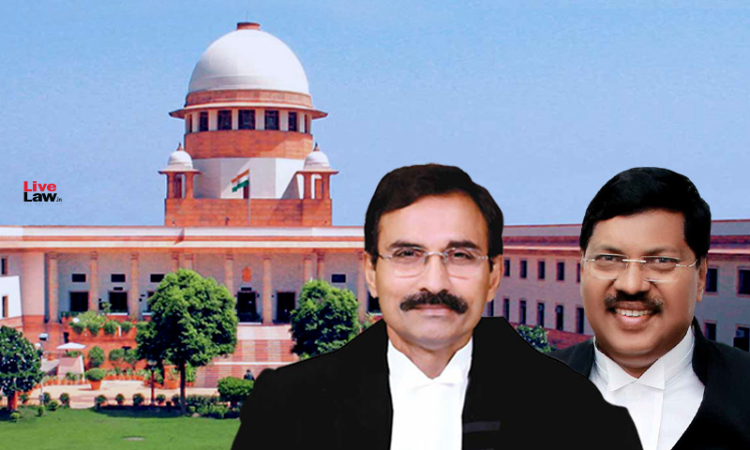Permission Granted For Medical Admissions For Subsequent Year Cannot Be Deemed To Be Permission For Earlier Year : Supreme Court
Sohini Chowdhury
12 April 2022 10:10 AM IST

Next Story
12 April 2022 10:10 AM IST
The Supreme Court, on Monday, held that permission granted for undertaking admission of students for a subsequent academic year cannot be deemed to be permission granted for earlier academic year when the Ayurveda Medical College was not fulfilling the criteria of minimum standard as per the Indian Medicine Central Council (Post Graduate Ayurveda Education) Regulations, 2016. In the...
